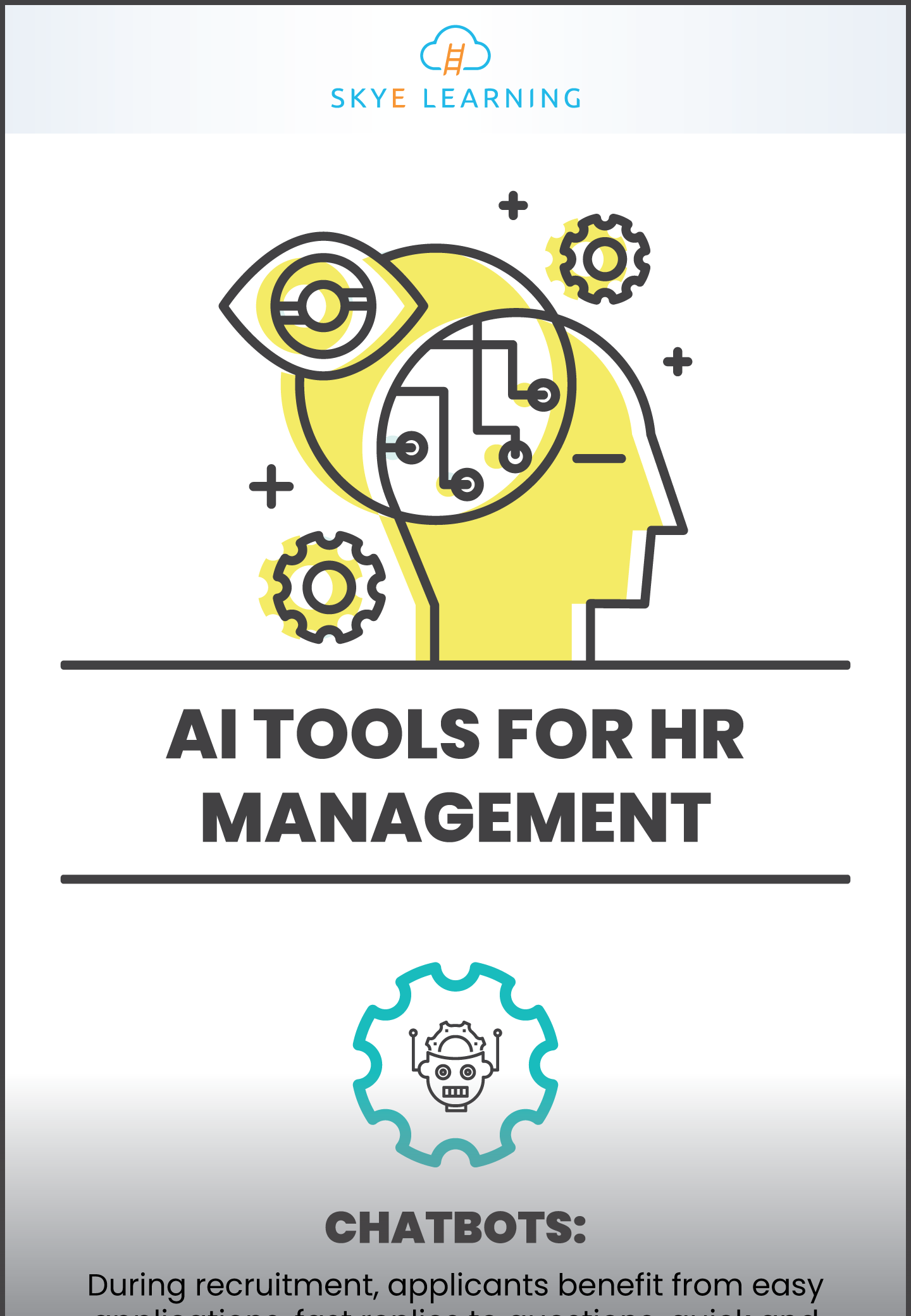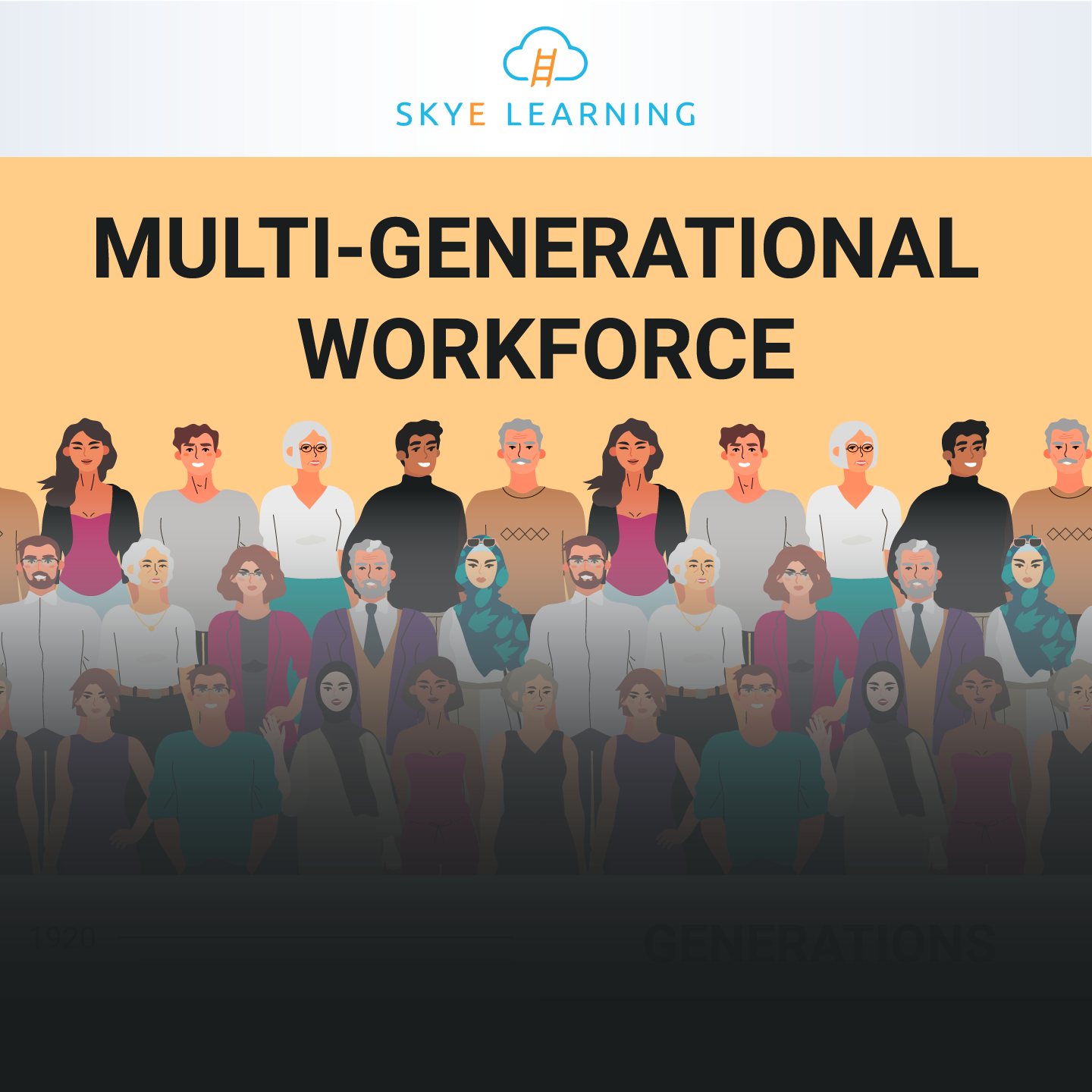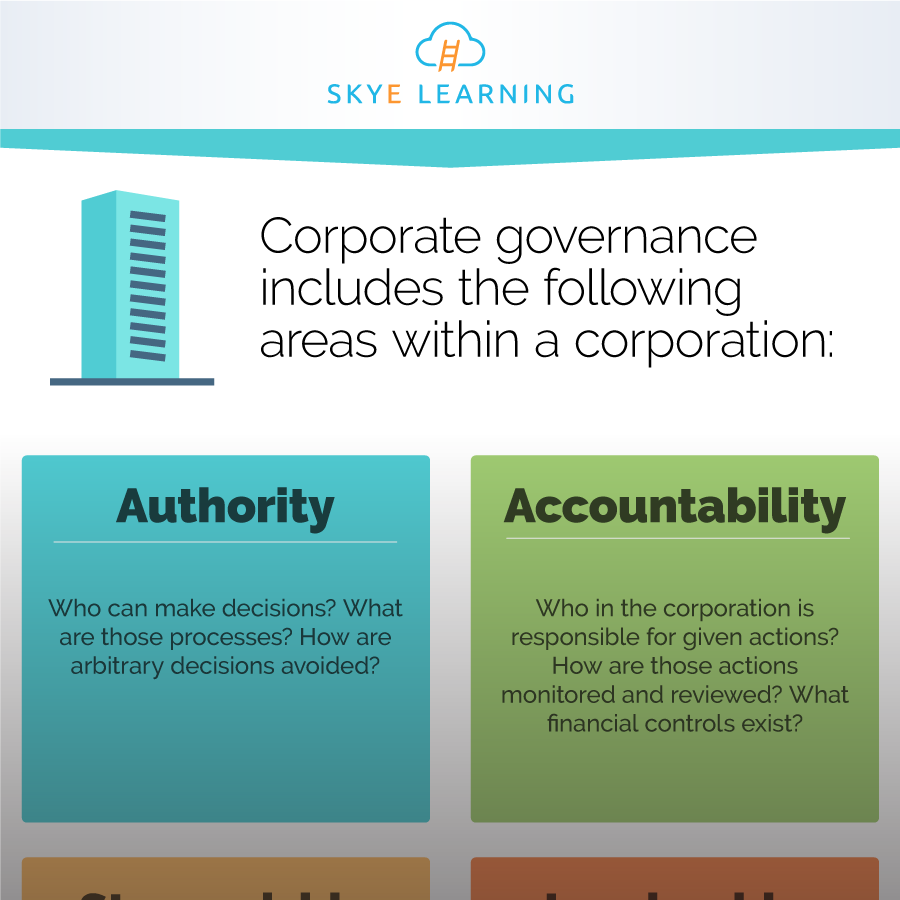Employee handbooks serve a crucial role in laying the foundation for an organization's policies and work environment. Handbooks are usually given to new hires on their first day and allow employees to get familiar with the norms of the organization. In addition to helping to onboard new employees, handbooks also allow an organization to standardize both old and new procedures.
Key Items that Should Be Included in an Employee Handbook
9 Characteristics of High Performers
Companies want to attract, develop, engage, and retain top talent. These employees have or are expected to yield the highest performance (as gauged by reviews, assessments, and other tools). High performers make the most valuable contributions to their companies and often have the following nine characteristics:
Subject Matter Expert Spotlight: Laurie LaBrie
This week, Skye Learning® is excited to spotlight Laurie LaBrie, who has been President of Integrated Human Resources for nearly 23 years. Her company functions as an outsourced human resources department, providing a full breadth of HR services to small and medium-sized organizations across the country.
Employee Well-being
Promoting employee well-being is good for business. Research shows that employees are more productive—and organizations are more profitable—when the well-being of employees is a priority. Though wellness programs can seem taxing and expensive to implement, the pay-off is enormous. Employees are the lifeblood of an organization, so it only makes sense that businesses flourish when workers are at their healthiest.
AI Tools for HR Management
Automation emerged as a way to complete repetitive, simple tasks using equipment (rather than human labor). By using automation, companies can (1) save money by hiring fewer employees and (2) utilize current workforces to carry out jobs that cannot be replaced by automation, e.g., entail critical thinking skills. Then came artificial intelligence (AI), which is a field of computer science aimed at performing jobs that do require skills like problem solving, planning, learning, and language processing. Examples include virtual assistants like Amazon's Alexa and Apple's Siri.
Multi-Generational Workforce
A multi-generational workforce consists of employees spanning multiple generations. Analysts have labeled generations with different names, such as Baby Boomers and Generation Y, and have highlighted characteristics shared by most members of each group. For instance, the Traditionalists are survivors of the Great Depression and World War II and therefore may tend to be more focused on patriotism, teamwork, and rules of order. Managers can better lead their employees by understanding these generational differences.
Four Stages of Risk Management
Risk management consists of four essential stages which, taken together, constitute a systematic process for dealing with the broad array of risks that an organization may face.
Stage 1: Identify the risks. The first step in managing risk is to determine what those risks are.
Stage 2: Assess the risks. Not all risks are equal. For the average company, the risk of having an employee injured in a workplace accident is higher than, for instance, the risk that a meteor will destroy its factory.
Reasons to Conduct Pay Audits
Many human resource professionals contribute to formulating pay structures, or systems that assess the value and corresponding pay of each employee or job position. Pay becomes a measure of the contribution made by an employee to his or her place of work. If a female employee receives less pay than her male counterpart, is the company inferring she is contributing less? Does the female employee view the situation this way?
Regular equal pay audits are useful tools for identifying pay gaps. Employers choose the parameters for these audits, like collecting pay data by gender.
Subject Matter Expert Spotlight: Daniel Aldrich
Daniel Aldrich is a professor of political science and public policy at Northeastern University, where he’s also Co-Director of the Center for Resilience Studies. Aldrich specializes in disaster recovery, Japanese politics, nuclear power, and NIMBY politics. He has a Ph.D. in government from Harvard University. Skye Learning was thrilled to feature Aldrich’s expert commentary in its online course HR in Times of Crisis.
Formerly, Aldrich has taught at Purdue University, the University of Tokyo, and Tulane University. He has published five books, including Building Resilience and Black Wave, has authored more than 55 peer-reviewed articles, and has written op-eds for media outlets like The New York Times, CNN, and HuffPost.
Corporate Governance
Corporate governance is the way by which businesses are directed and controlled.
For the most part, by law and tradition, the board of directors (representing the shareholders of the company) is tasked with ensuring the business is properly and honestly managed. Board members, the CEO, and managing partners have a fiduciary duty to protect the interest of shareholders.
Several board committees (the audit committee and the compensation committee) are generally involved in oversight of some of the most significant governance issues: whether the enterprise complies with accounting and ethical standards, and whether its leaders are being properly compensated and provided financial incentives for improving performance.















